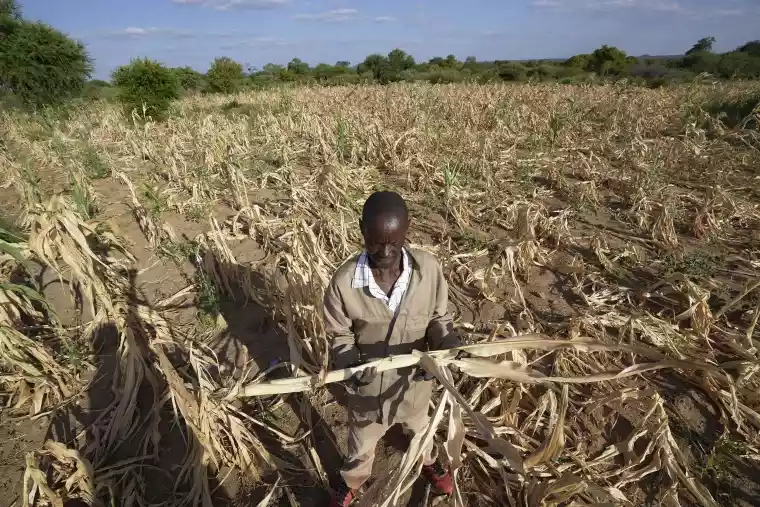
THE United Nations Development Programme (UNDP), in collaboration with Green Climate Fund (GCF) and Zimbabwe’s government, have mobilised about US$49 million to install irrigation systems in rural areas.
This comes as Zimbabwe is experiencing the devastating effects of the unfolding El Niño-induced drought that has resulted in depressed yields and widespread livestock deaths.
GCF, which is headquartered in South Korea, is the largest fund globally meant to mitigate the effects of climate change.
Under the initiative to set up irrigation schemes countrywide, GCF contributed US$26,6 million, while the government injected US$20 million.
UNDP contributed US$1,2 million.
The fund will also be channelled towards equipping farmers with modern farming skills.
UNDP programmes officer James Mafusire told the Zimbabwe Independent that families would also receive grain cereals.
“Green Climate Fund invested US$26,6 million to the project,” Mafusire said this week.
- AfDB approves Energy Access Finance Framework
- AfDB approves Energy Access Finance Framework
- Foregrounding the capture of climate finance to developing countries
- ZRBF rescues hunger-prone communities
Keep Reading
“The total project fund is US$47,8 million co-financed by the government of Zimbabwe (US$20 million) and UNDP (US$1,2 million),” he said.
“The target is that each family should have enough cereal to last them up until the next season and also be able to retain seed for the upcoming season.”
Last year, Mafusire added, UNDP contributed US$7 million towards the project. Over 3 000 farmers received new irrigation infrastructure and climate-smart agriculture training.
Close to 44 000 hectares were put under seed.
Some of the provinces, which are set to benefit include Matabeleland South, Masvingo and Manicaland.
Close to 70% of Zimbabwe’s population relies on subsistence rain-fed agriculture for food and nutrition security, making them highly vulnerable to changing weather patterns.
As a result of the El Niño phenomenon, President Emmerson Mnangagwa this week declared the drought as a disaster situation.
Zimbabwe has announced that it will require US$2 billion to cope with the effects of El Niño.






